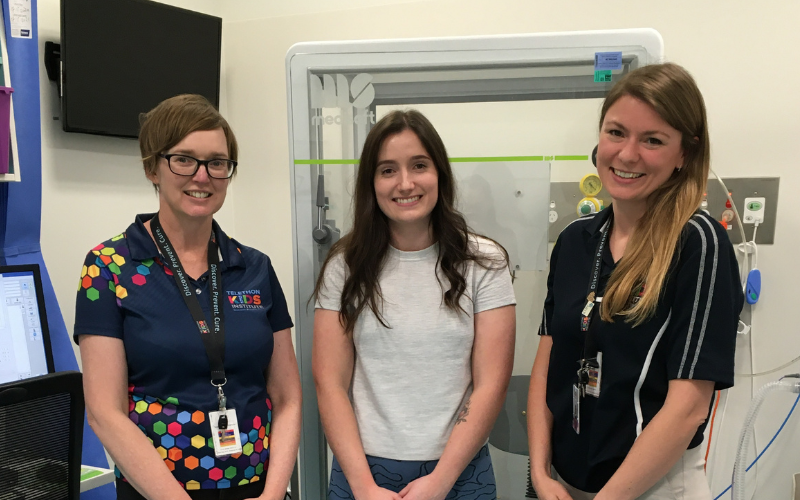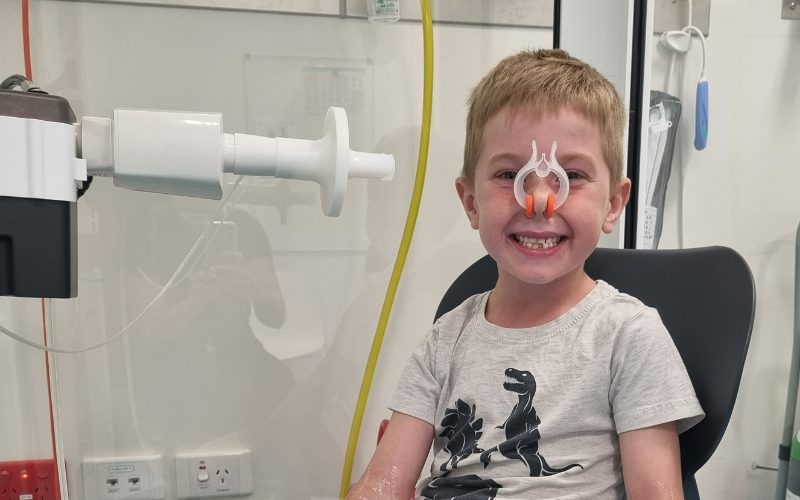Search

News & Events
Aboriginal mental health in the limelightEmbrace Co-Director Professor Helen Milroy calls for cultural safety in healthcare settings at Aboriginal mental health panel

News & Events
Community conversations begin on wellbeing projectEmbrace researchers and community members held conversations on the mental health and wellbeing of young people with type 1 diabetes.

News & Events
WA government cites Embrace in new strategyEmbrace @ The Kids Research Institute Australia's Co-Directors Professor Ashleigh Lin and Professor Helen Milroy have welcomed the release of a new WA government mental health research strategy.

News & Events
WA Governor Chris Dawson invites further youth mental health researchWA Governor Chris Dawson invites further youth mental health research

Embracing the Mind is hosted by Embrace senior researchers Dr Alix Woolard and Dr Karen Lombardi.

Even in the safety of their home, there are many risky places a child or teenager can visit online.

News & Events
New risk factor identified to help predict the long-term lung health of young adults born very pretermA study which set out to determine ways to predict the long-term lung health of young adults born very preterm has shown that a childhood history of respiratory hospital admission should be a key consideration in the management of preterm children and adults.

News & Events
New study to determine if it’s safe for children born preterm to attend day careA new study to determine if it’s safe for children who were born preterm to attend day care officially commenced this month.

News & Events
Despite advances in neonatal care, preterm babies have lower lung function throughout their lifeAnalysis of worldwide research shows that despite advances in neonatal care, preterm babies have lower lung function throughout their life.
The Kids Research Institute Australia and Dolly's Dream are proud to deliver Beacon - a cyber safety educational app designed to keep parents and carers up-to-date with trusted, tailored information, to help keep their kids safe online.
